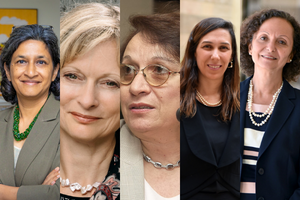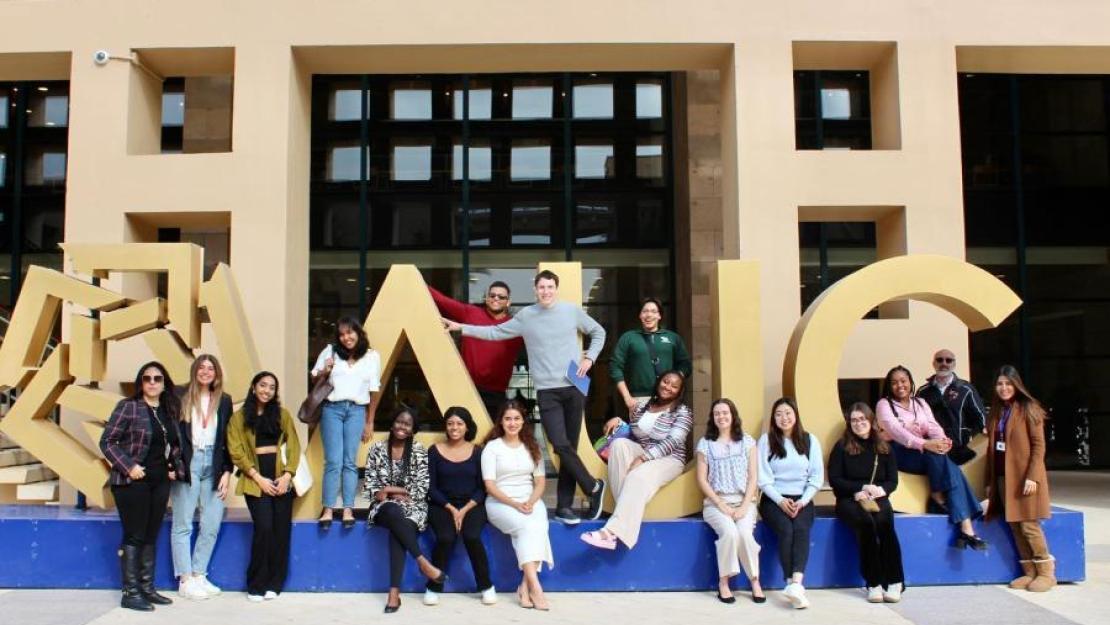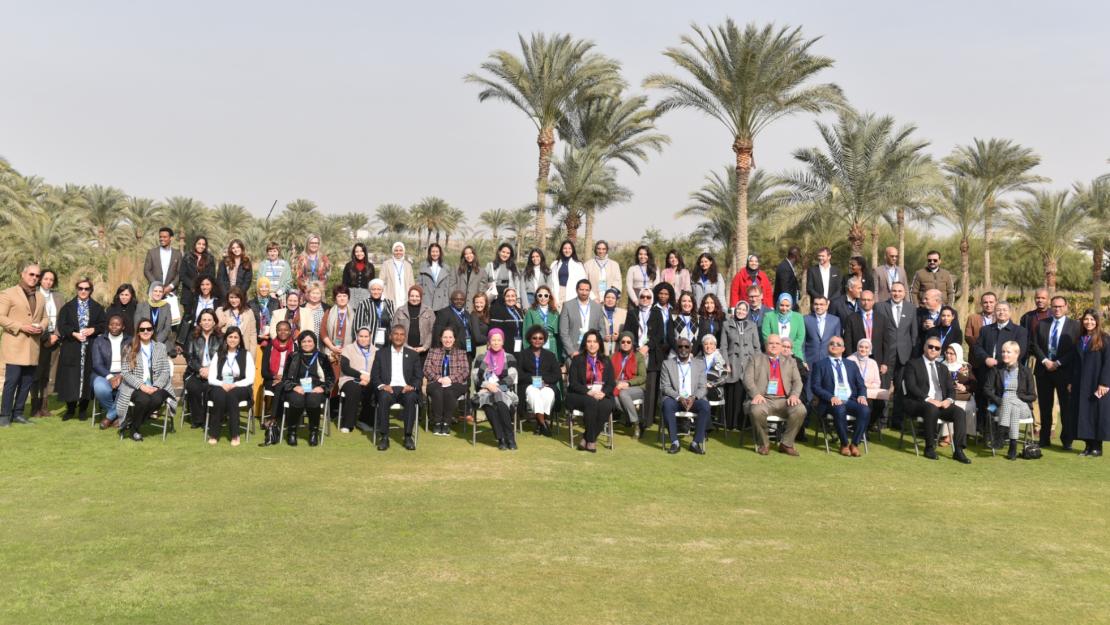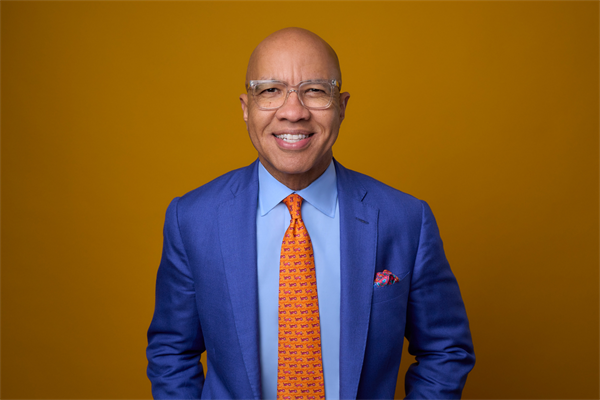Beyond numbers: Accounting students tell us what this major is all about
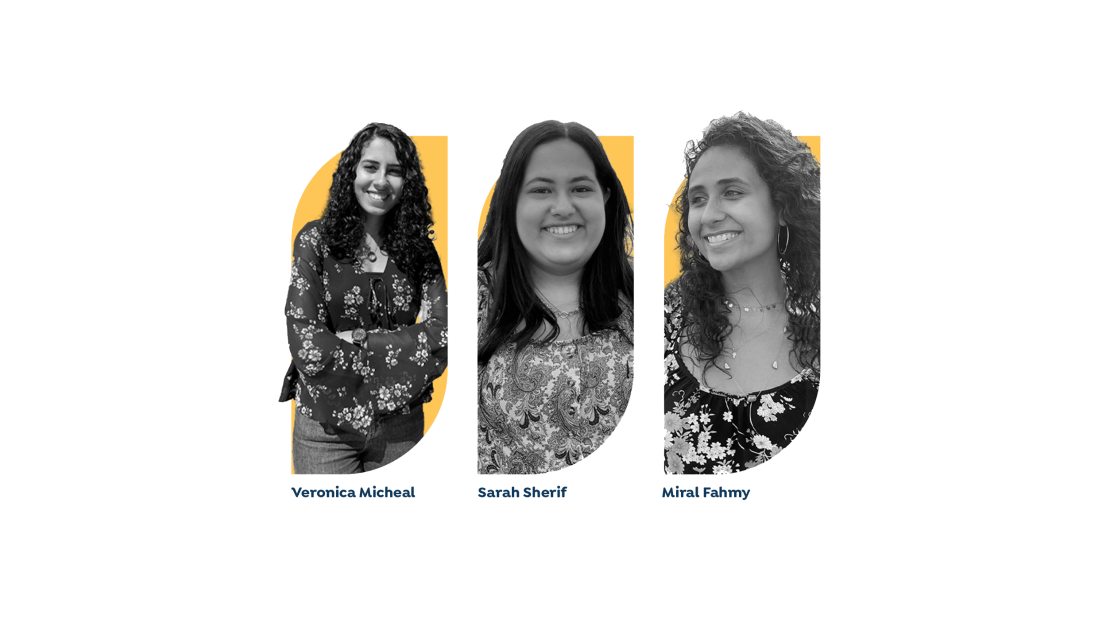
“People’s understanding of what accounting encompasses is limited to financial statements and financial transactions. However, it is way deeper than that and far more entertaining. This leaves me to say that this major can open up diversified career paths to anyone pursuing it, especially at this age. The technical, analytical, and critical skills accounting offers are a cornerstone to survive in today’s market.” – Veronica Micheal, accounting and finance graduating senior.
Accounting is one of the most popular majors among AUC students, but what makes it so attractive? We talked to our students to find out.
Sarah Sherif, an undergraduate junior, is the classic ‘numerophile.’ “I chose to major in accounting as I love numbers and transactions,” she said. But for her, it is also a little more than that. “I would like to be like my father as he is my role model, and he is an accountant, too,” she expressed.
Similarly, Micheal, an accounting and finance graduating senior, explained how her love for accounting goes way back. “Since high school, accounting has been one of the very rare courses I enjoyed studying. I was sure there is something worth digging deeper into and completing a bachelor degree on,” she stated.
On a different note, graduating senior Miral Fahmy told us how she got to major in accounting: “I chose accounting because the first introductory course I took has captured me, and when I proceeded with more accounting courses (before declaring my major) I found that it matches my mindset and is perfect for me.”
For Fahmy, majoring in accounting is important because of the wide variety of options it offers its graduates in the job market. “In addition, nowadays markets are in a fast dynamic state, which makes accounting one of the main anchors to regulate these fast changes and accommodate it to be beneficial for both the investors and users,” she elaborated.
“This major will allow me to have many job opportunities in the future, such as working in top well-known accounting firms or companies or banks,” confirmed Sherif.
Regarding possible career paths for accounting graduates, Veronica admitted that she only had a basic awareness of what she could pursue by majoring in accounting. Still, through her four-year journey at the School, she discovered where she wanted to be, ending up far beyond where she initially had in mind.
“Definitely, accounting is affecting my career choice not just now after four years, but from the very beginning. I was able to enter local competitions held by important stakeholders in the field, win them, and build a strong foundation based on what the real market entails,” she highlighted.
Veronica’s passion for accounting pushed her to be the vice president of the AUC Accounting Association. “I help those who are still lost to where they want to be, because I am sure this journey is worth every bit of realization to their dream milestones,” she told us.
“I think that I have learned a lot from this major – not only the academic content, but accounting also helped me in creating a mindset that is adaptive to many sudden situations and how to critically think about every situation I face in my daily life. Moreover, the professors at the department, almost all of them are real life practitioners, which gives us as students a glimpse of real business life and how everything in reality works,” expressed Miral.
But what does the future of accounting look like? According to Sherif, accounting will not disappear and will not be replaced by technology. She believes that information technology and artificial intelligence will ease the accountant's job, but they will not replace it.
Bonus round: Double majoring in accounting and finance
Veronica is both an accounting and finance major. She shared with us why this was something that she chose to do and what combining these disciplines offer to her studies and her career:
“The whole story started from attending a session of the ‘Alumni Talks’ suggested by my professors. During the talk, one of the alumni said: ‘accounting is the kitchen to any firm’, which lightened up for me the question of why not to double major in accounting as well. Now, standing a few months away from my graduation, I can confidently say that I have an edge over my finance colleagues. I am now able to understand what comes to me from the bottom of the iceberg because I have spent a lot in the kitchen.”
Learn more about the Accounting major at AUC School of Business here.


